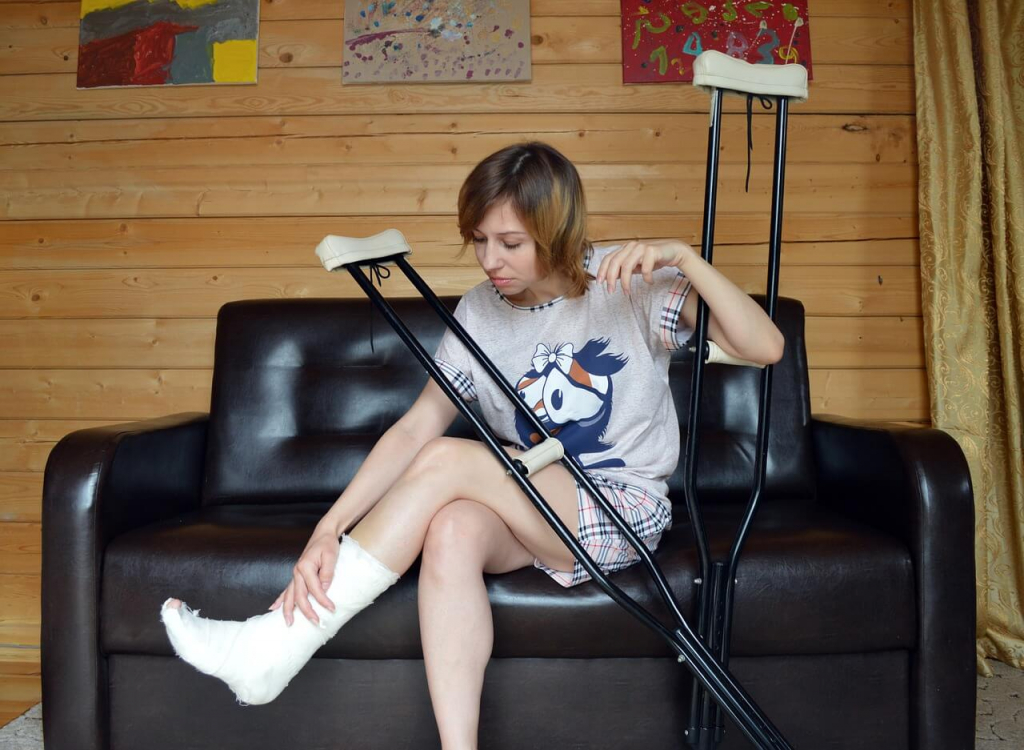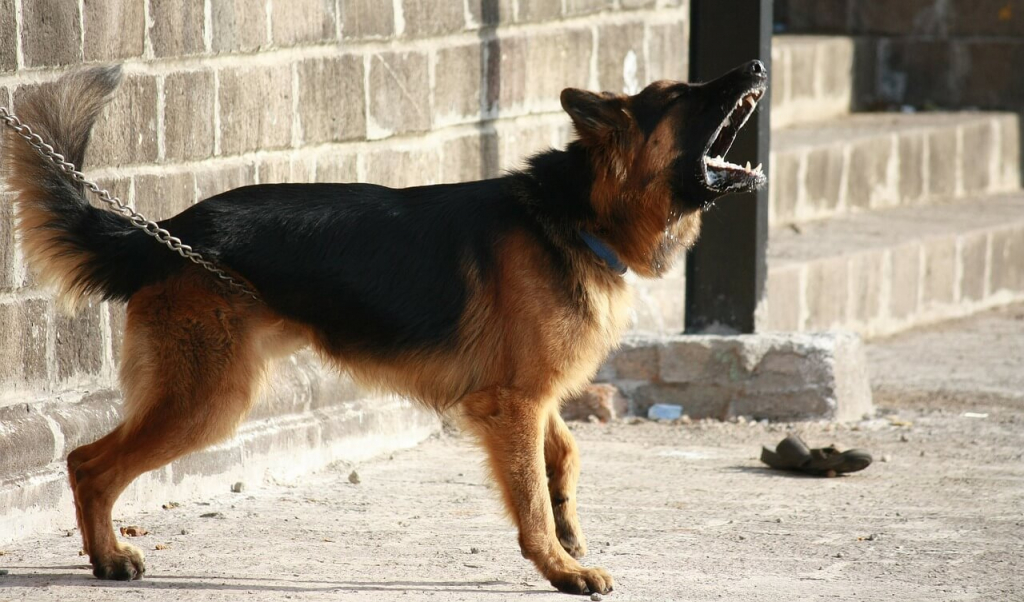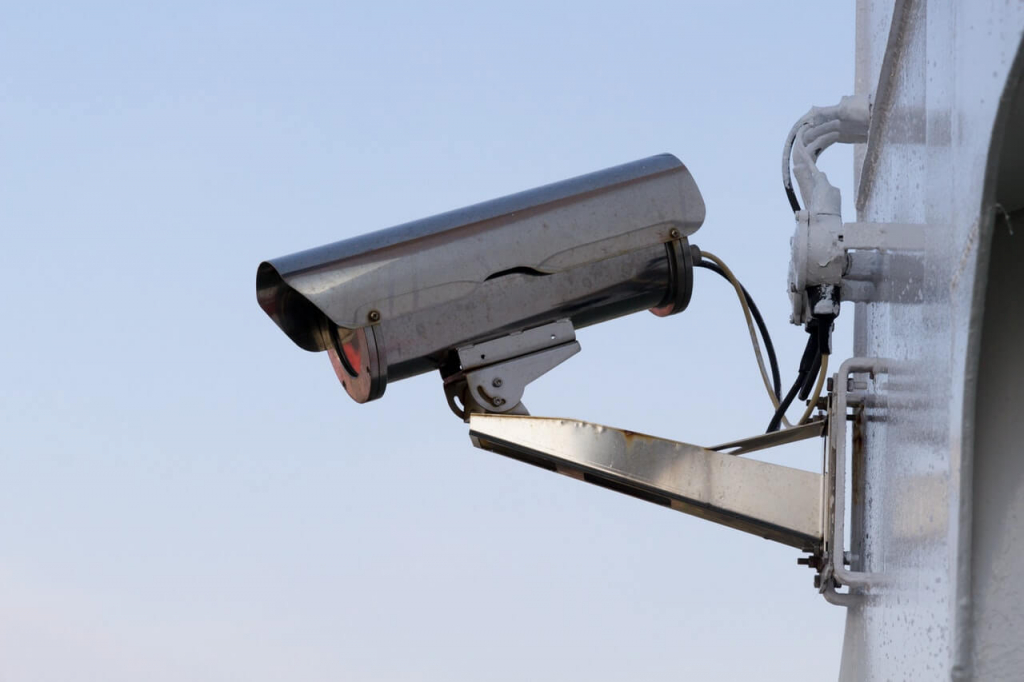A rental property business is not limited to buying a property, have someone rent it, and collecting payment.
There are a lot more responsibilities to being a landlord and a lot more things to do but right now, I want to focus on the liabilities a landlord is responsible for.
You can be held liable for a lot of things. A lot can potentially happen to your tenants that can lead to stressful lawsuits that bring great financial loss on your part. But do not be discouraged because if you know what should be done, then you can avoid these legal dilemmas. Read on to find out more.
• Injuries
Injuries are sometimes unavoidable and it is one of the things you don’t want happening to your tenants. It is one thing to deal with a damaged property but to deal with an injured individual because of such damage is at an entirely different level.
You will be held liable for a tenant’s injury if it occurs inside the property and happened because of your negligence. An example would be a tenant falling down the stairs because you delayed fixing a broken step they informed you about.

• Hazards
A landlord should know all the nitty-gritty details of his property. The good, the bad, and the things that he can do to address the bad. If you see any safety or fire hazards in your property, you should get rid of it immediately. Prevention should be your priority when it comes to safety.
Do not wait for accidents to happen before you take action because that would be too late. If you see one but it will take time to sort it out, you should still issue a warning to your tenants.
• Pets
One reason that a landlord prefers not to allow pets is because of the possibility that those animals may harm other people. A pet’s behavior may not be the landlord’s fault but when a landlord ignores complaints about a tenant’s pet becoming aggressive, then he still may be held liable.
It’s also important to note that dealing with pets is different from dealing with service animals.

• Bad Tenants
It is not a guarantee that if a tenant has shown good behavior during the interviews and screening, that they will stay good tenants throughout their lease. Some show bad behavior after a while.
If your other clients or neighbors complain of your tenant’s bad attitude, it is your responsibility to call them out for it. You can try different ways to mediate between conflicting tenants. If it does not work, you may have to resort to evicting the tenant that causes the conflict.
• Inspection
This is one action that you should never fail to do. During inspections, you can identify the things that need improvement or repairs to prevent accidents from happening.
You can hire professionals to check if you are not sure what to watch out for and what to do to address any structural issue.
• Security
There are a lot of bad people everywhere and no one can guarantee a crime-free neighborhood. You may be located where the crime rate is low but you should not let your guard down because of it.
To protect tenants from crime is not technically a landlord’s job but you can take measures to make your property safe. You can hire security personnel for your apartment buildings and you can also install security cameras around the premises.

• Liability Insurance
All landlords should have this coverage in their landlord insurance to cover costs if your tenant files a lawsuit against you when they get injured due to your negligence. It usually helps to pay for damages and court fees.
Having insurance may cost you a lot of money, but you may have to suffer even greater financial loss if you don’t get one.
Once you have strategy on how you can manage your liabilities, you can be more confident to handle your business and market it to potential tenants. Publish your listing on Padleads and syndicate it to high-traffic rental websites so that you can start screening tenants that you can accommodate in your rental property.